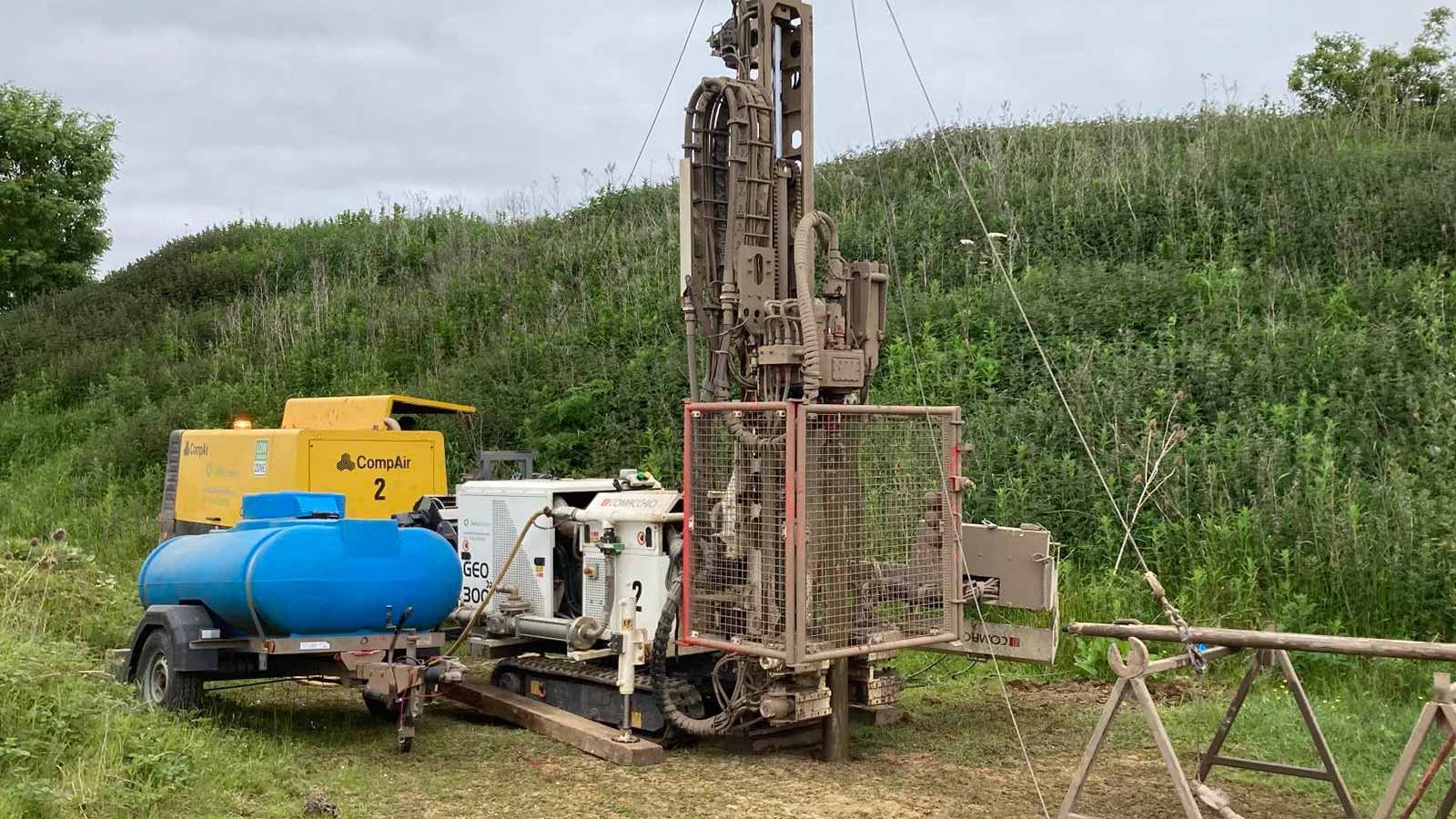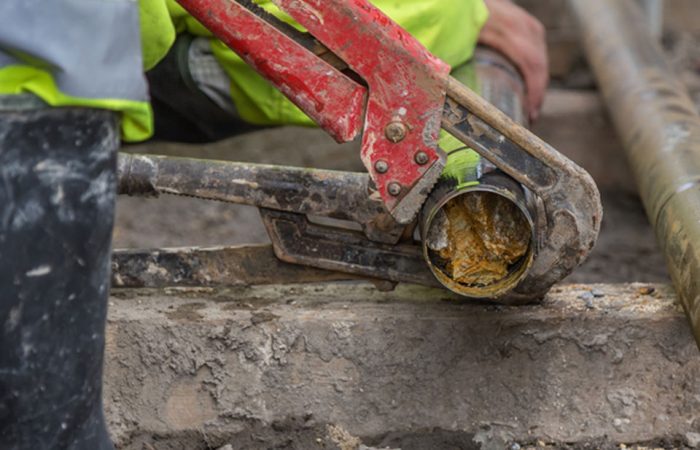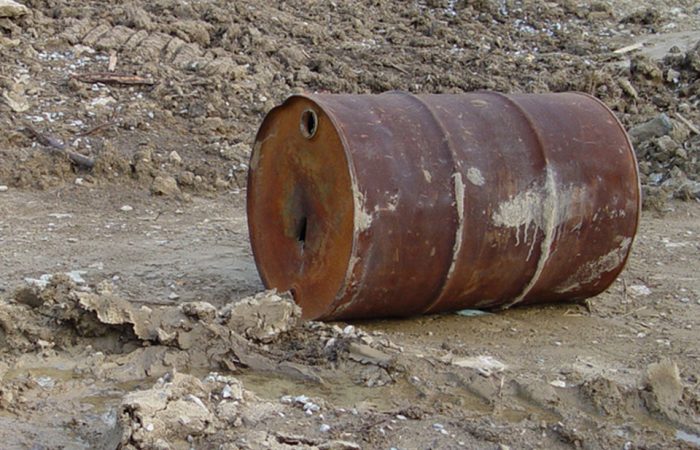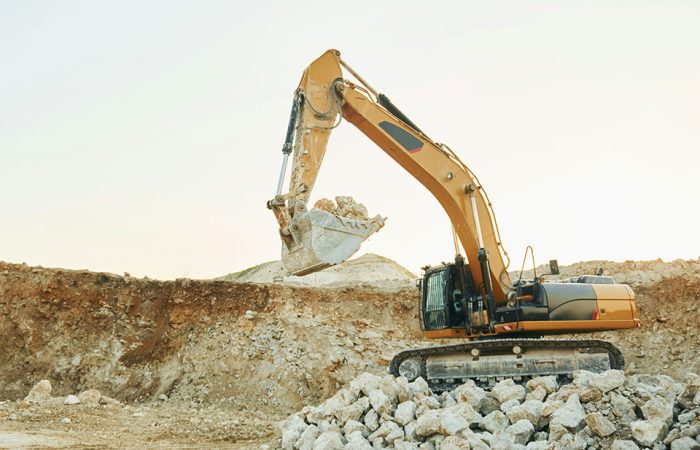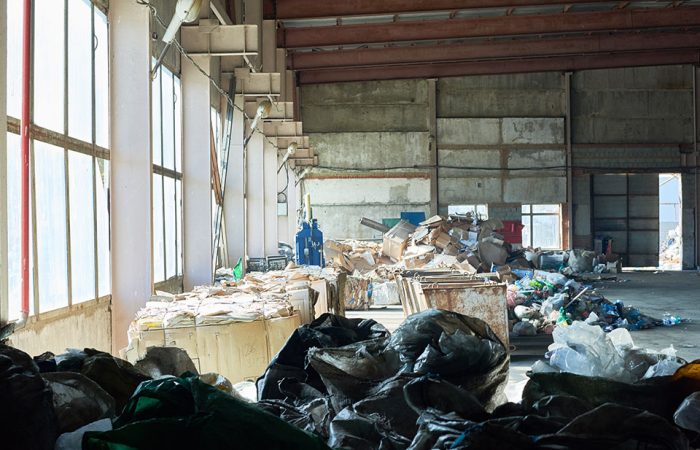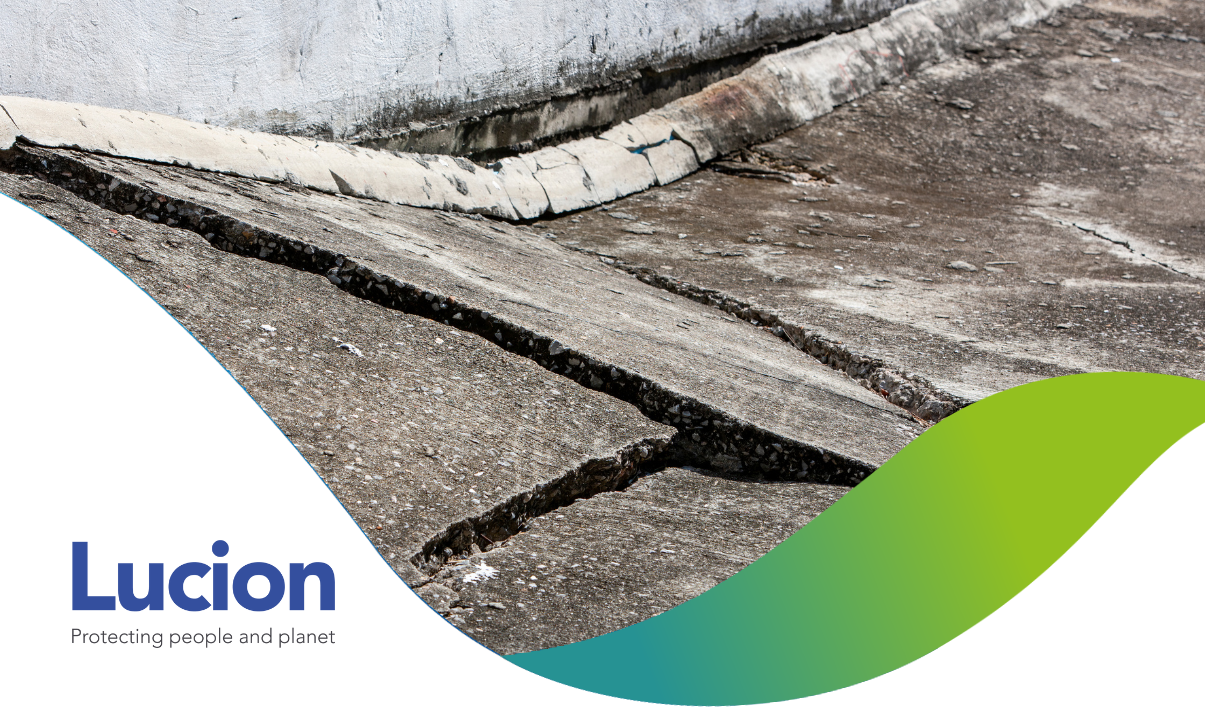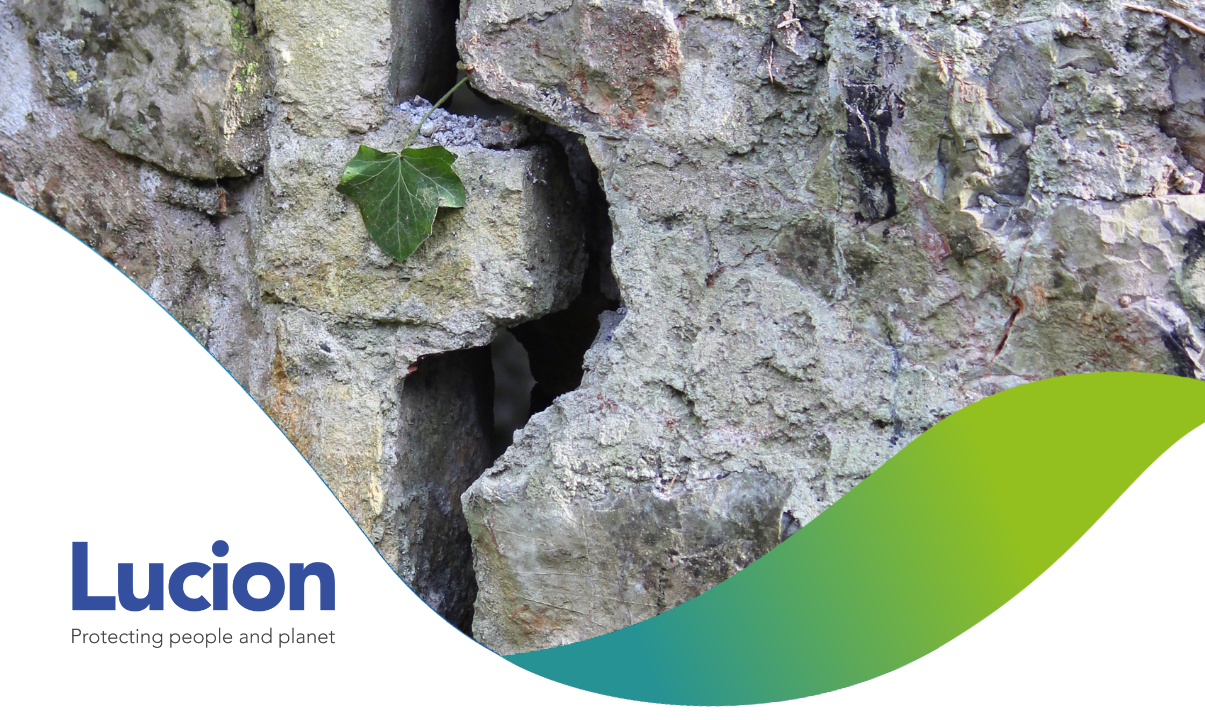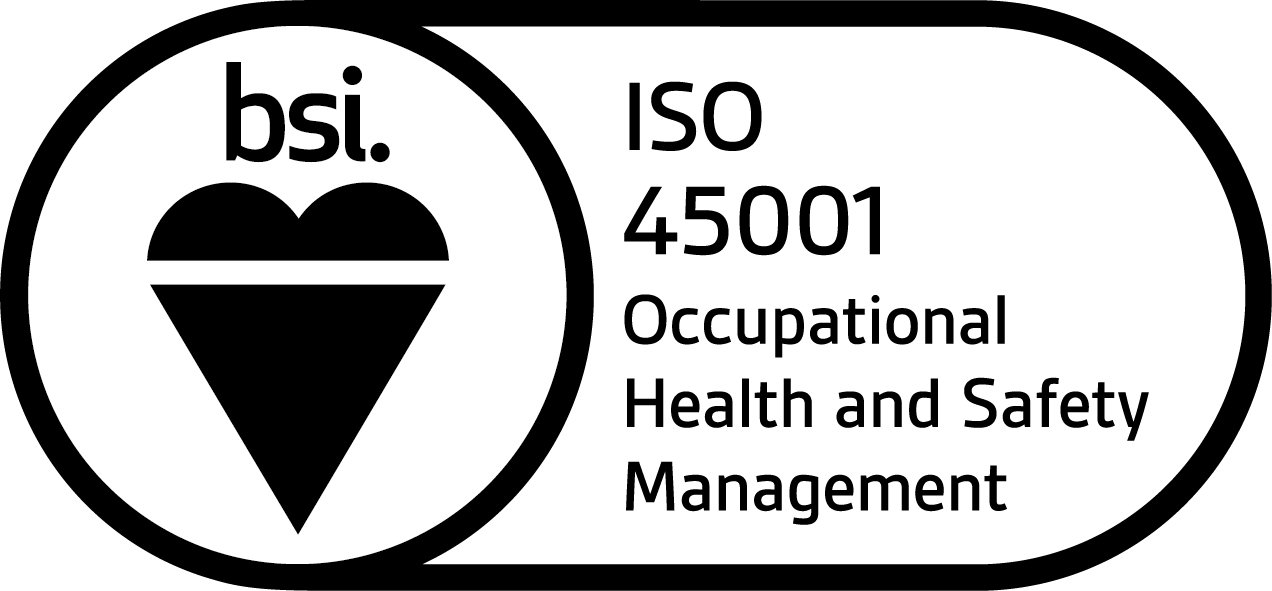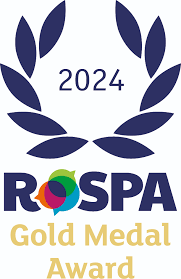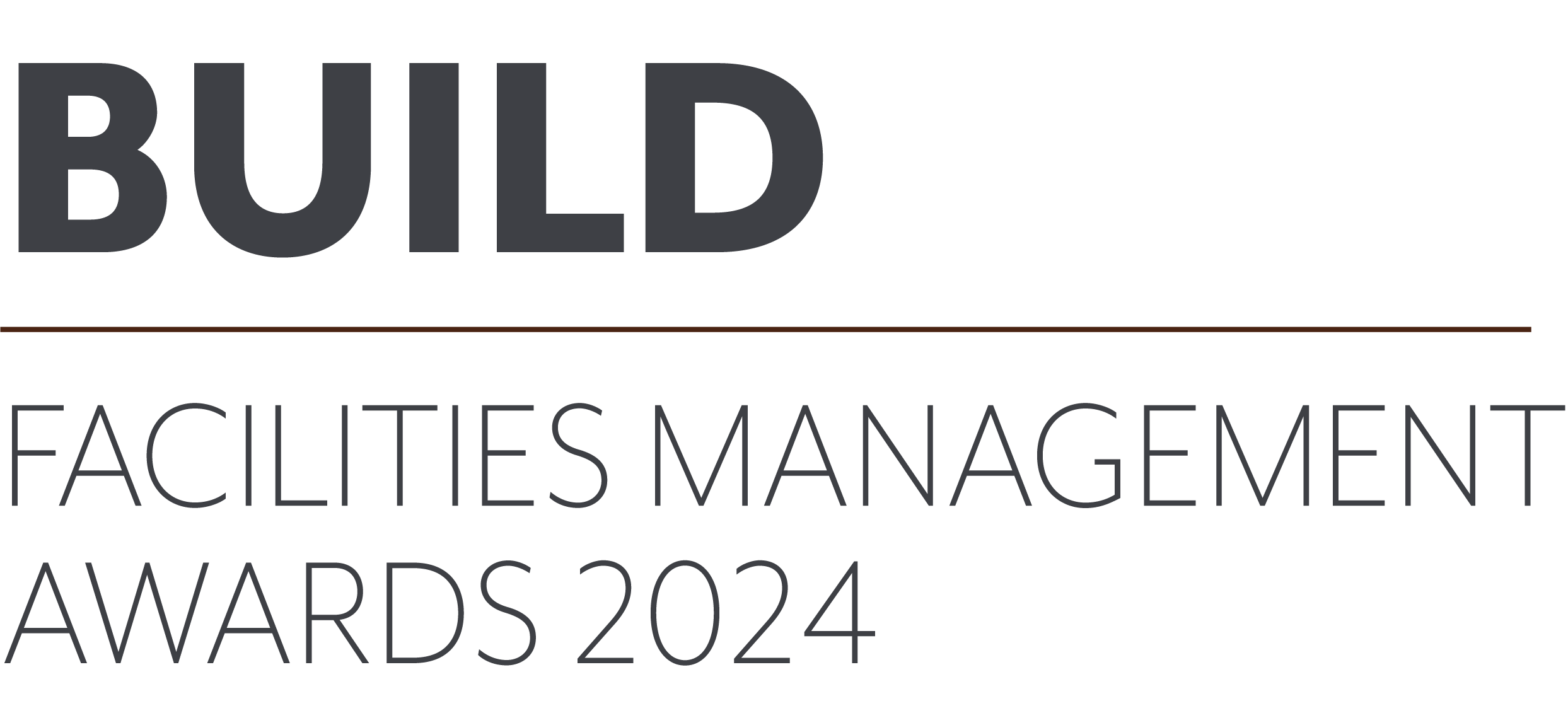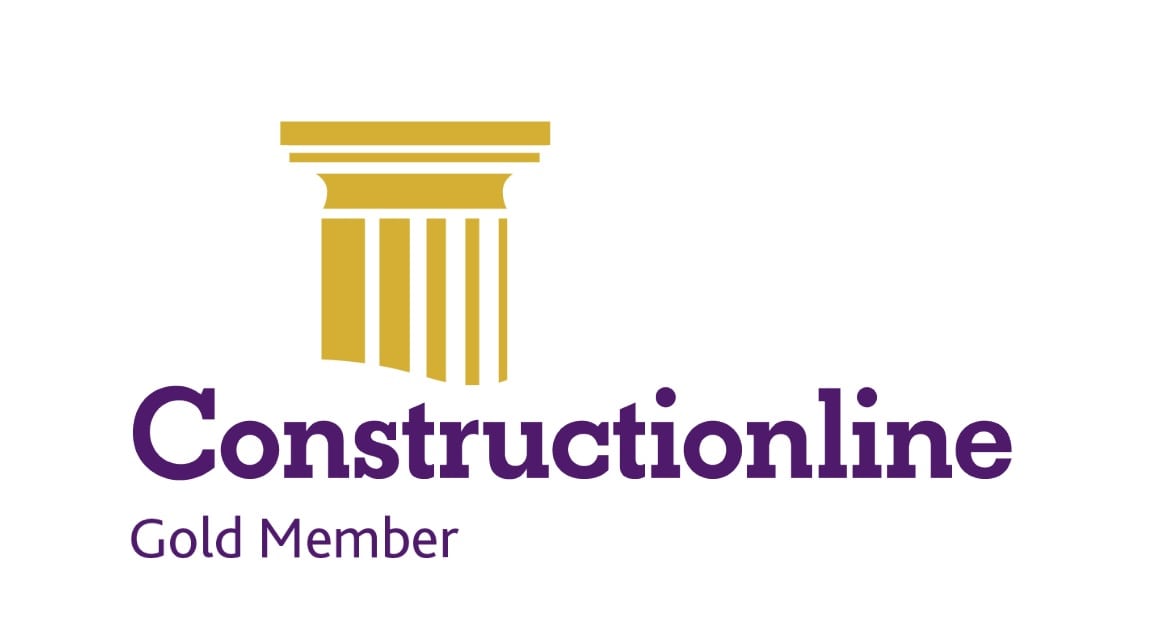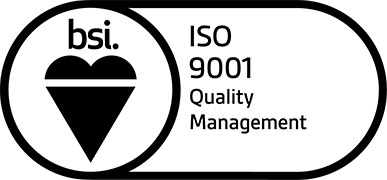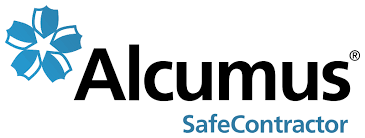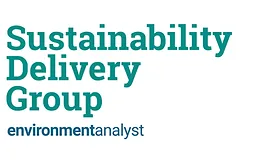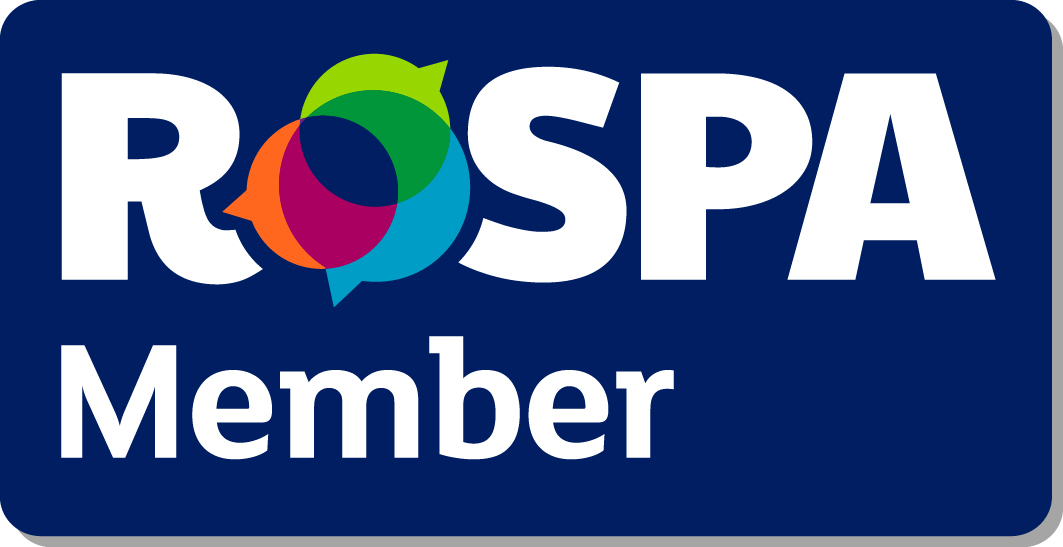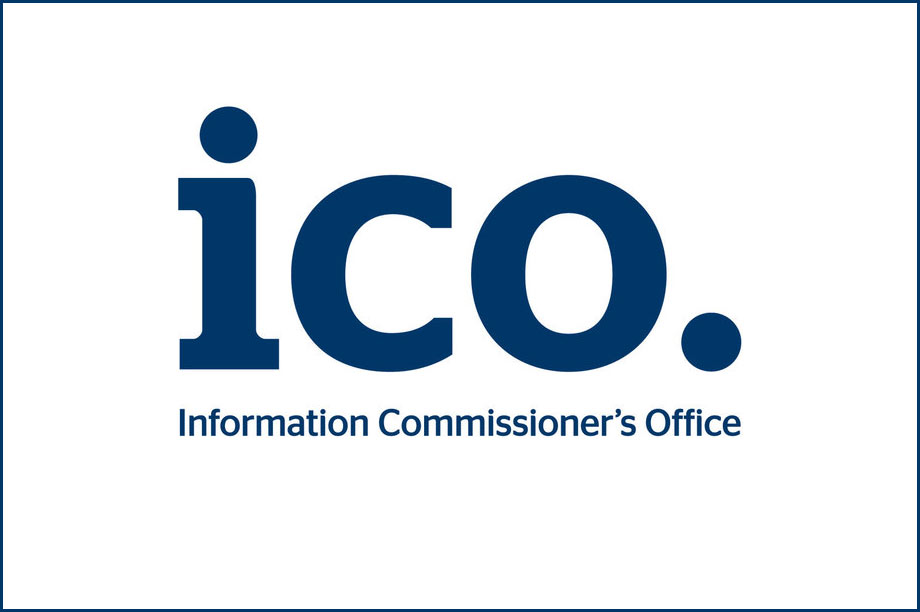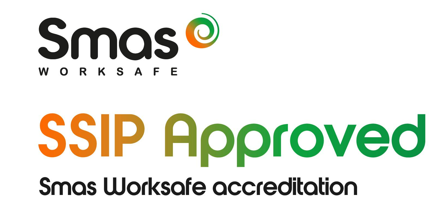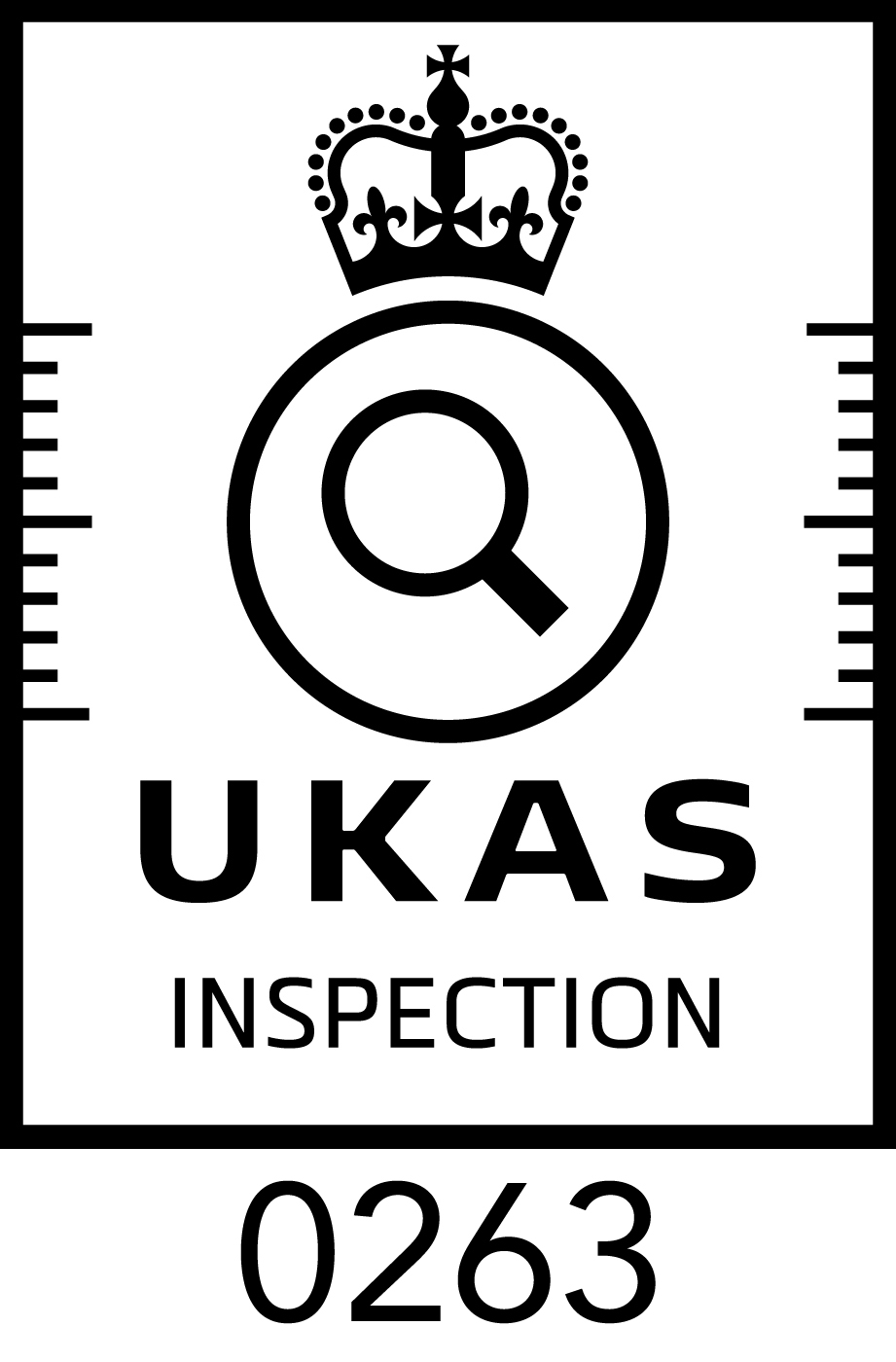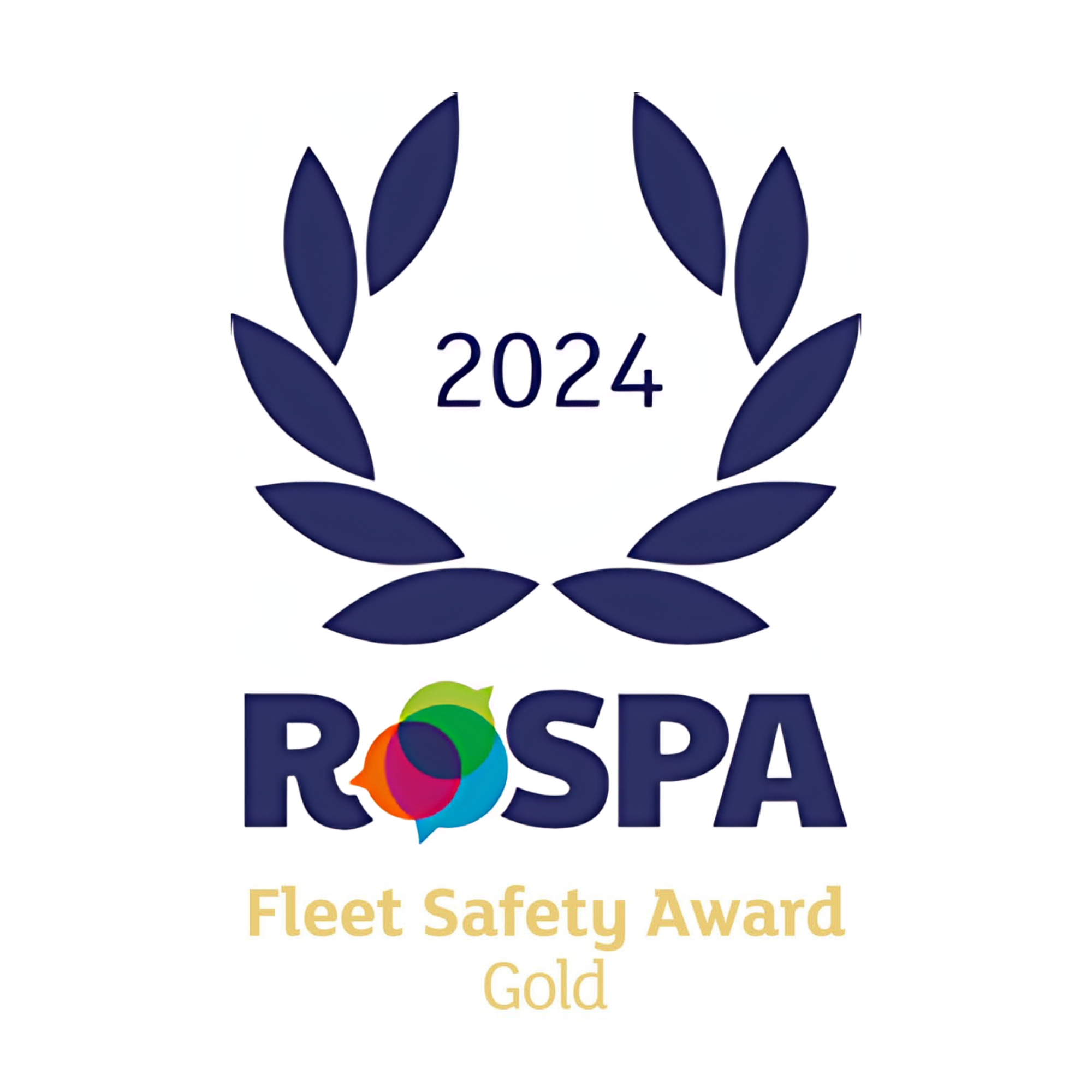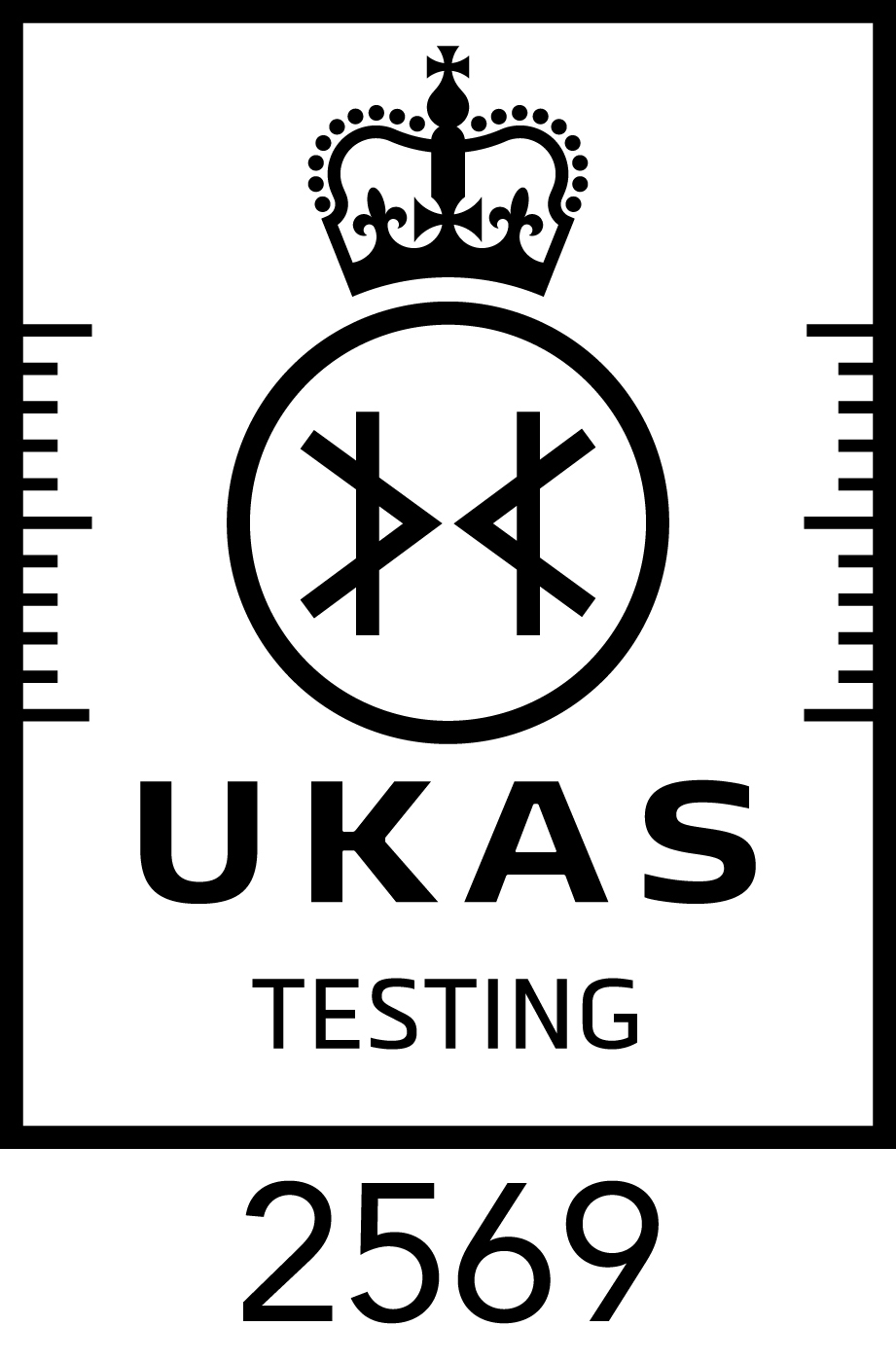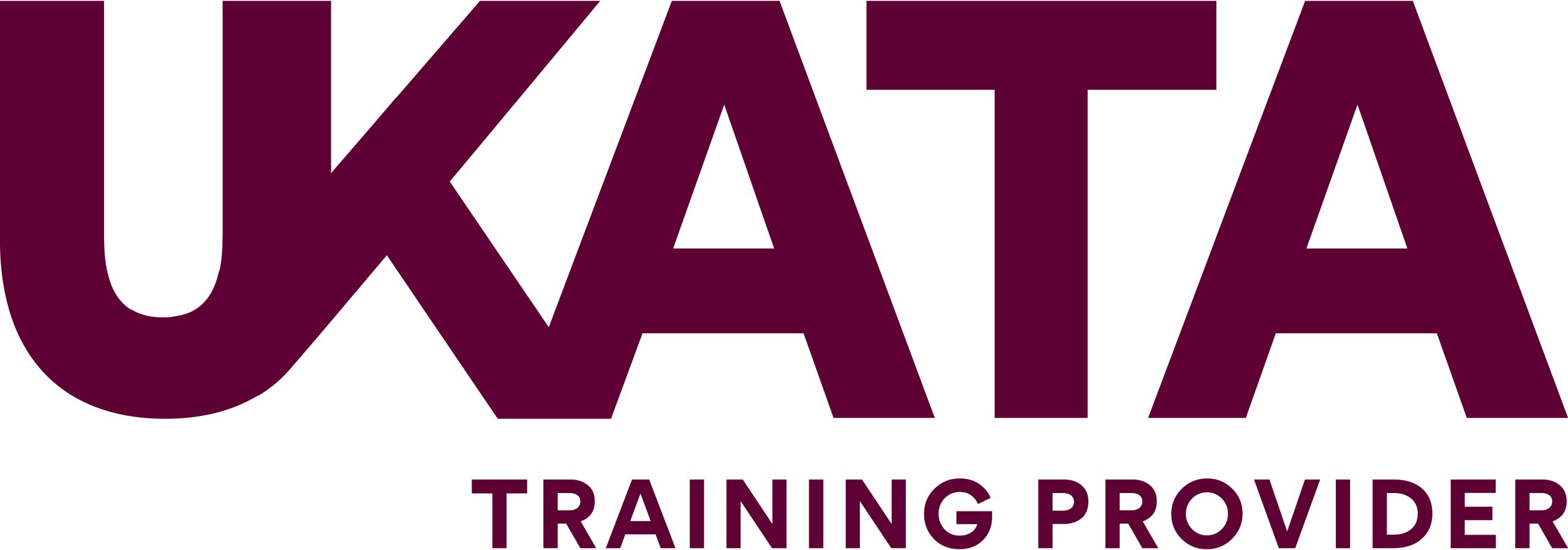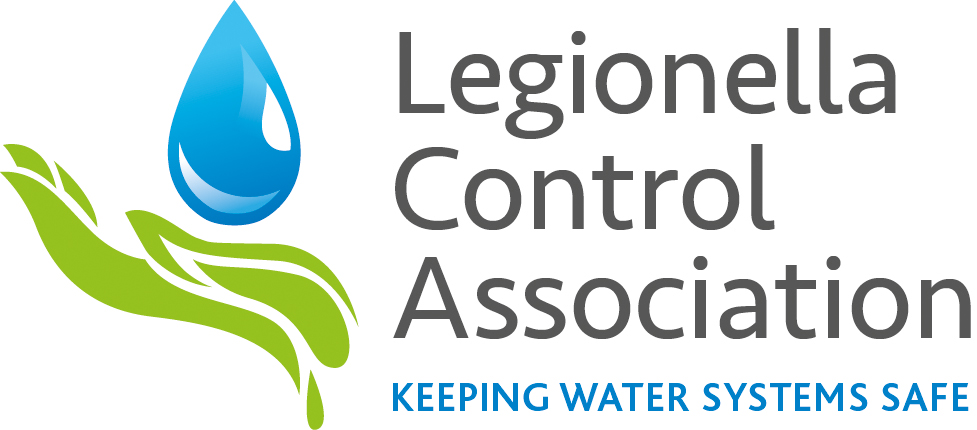Gain a clear understanding of ground conditions and geotechnical risks with Lucion’s comprehensive geotechnical assessment services. Our expert team delivers reliable solutions for safe and efficient construction and development projects.
As a developer, engineer, or contractor, you understand that the biggest risk to any project, both technically and commercially, often lies in the ground. Lucion’s comprehensive range of geotechnical assessment services provides you with a clear understanding of ground conditions and geotechnical risks, enabling you to make informed decisions and ensure the success of your projects.
Our experienced geotechnical consultants work closely with you to design and implement site-specific ground investigations that meet your project requirements. We seamlessly combine geotechnical assessments with the often complex contamination and waste management issues, providing you with a comprehensive picture of brownfield in-ground risks.
Lucion’s geotechnical assessment services include:
Intrusive Ground Investigation Design and Supervision
Our geotechnical consultants design site-specific ground investigations relevant to your proposed development, considering factors such as site access, ground conditions, and project objectives. We supervise the investigations, ensuring high-quality data collection and soil and rock core logging in accordance with current relevant guidance.
Geotechnical Reporting and Interpretation
We provide you with clear and comprehensive geotechnical reports, combining factual data with expert interpretation and recommendations. Our reports include the results of laboratory testing on soil and rock samples, providing you with the information needed for foundation design, earthworks, and other geotechnical aspects of your project.
In-Situ Testing and Interpretation
We conduct a range of in-situ tests to assess soil properties and behaviour, including Standard Penetration Tests (SPTs), Static Cone Penetration Tests (CPTs), Hand Shear Vanes, Dynamic Probes, Dynamic Cone Penetrometers, and Permeability Tests. Our geotechnical consultants interpret the test data, providing you with valuable insights for design and construction.
Soakaway Testing (BRE Digest 365)
We perform soakaway tests in strict accordance with BRE Digest 365 ‘Soakaway design’ to determine infiltration rates for sustainable drainage design. Our adherence to the empirical methodology ensures reliable results that meet regulatory requirements and engineering needs.
Foundation and Pavement Recommendations
Our geotechnical consultants provide you with preliminary recommendations for the most economical and effective foundation solutions, including allowable bearing capacity, settlement estimates, and concrete classification. We also interpret in-situ California Bearing Ratio (CBR) test results to provide preliminary CBR values for pavement design.
Coal Mining Risk Assessments and Investigations
For sites located in ‘Development High-Risk Areas’ as defined by the Coal Authority, we produce Coal Mining Risk Assessments following the latest guidance. If necessary, we design and undertake intrusive mining ground investigations to assess the presence of shallow coal or workings and provide recommendations for ground treatment or mitigation measures.
Geohazard Identification and Risk Assessment
Our qualified engineering geologists conduct site inspections to identify geohazards, assess slope stability, and map geomorphology. We provide you with a comprehensive ground model and risk register, identifying site-specific geotechnical risks and potential mitigation measures.
By partnering with Lucion for your geotechnical assessment needs, you can have confidence in the quality and reliability of the information provided. Our comprehensive services enable you to make informed decisions, manage ground-related risks, and ensure the safe and efficient delivery of your construction and development projects.



